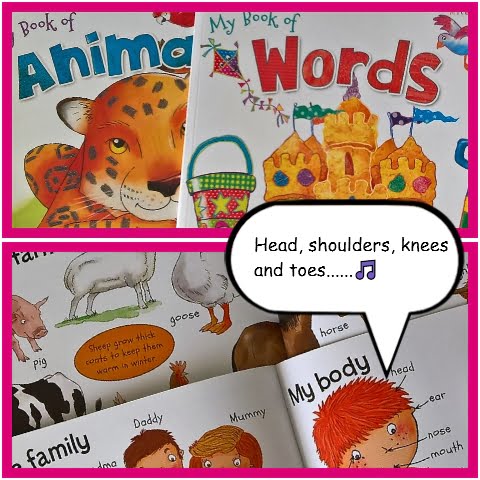
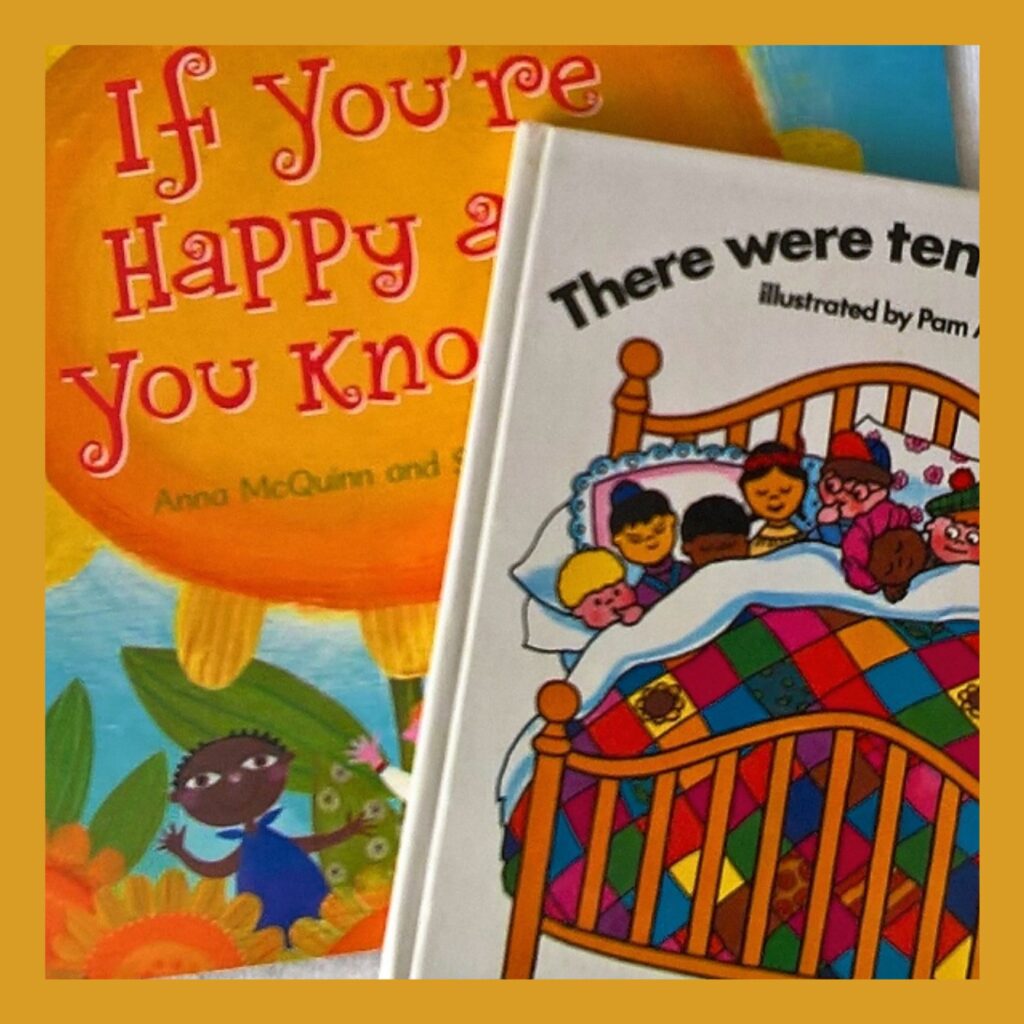
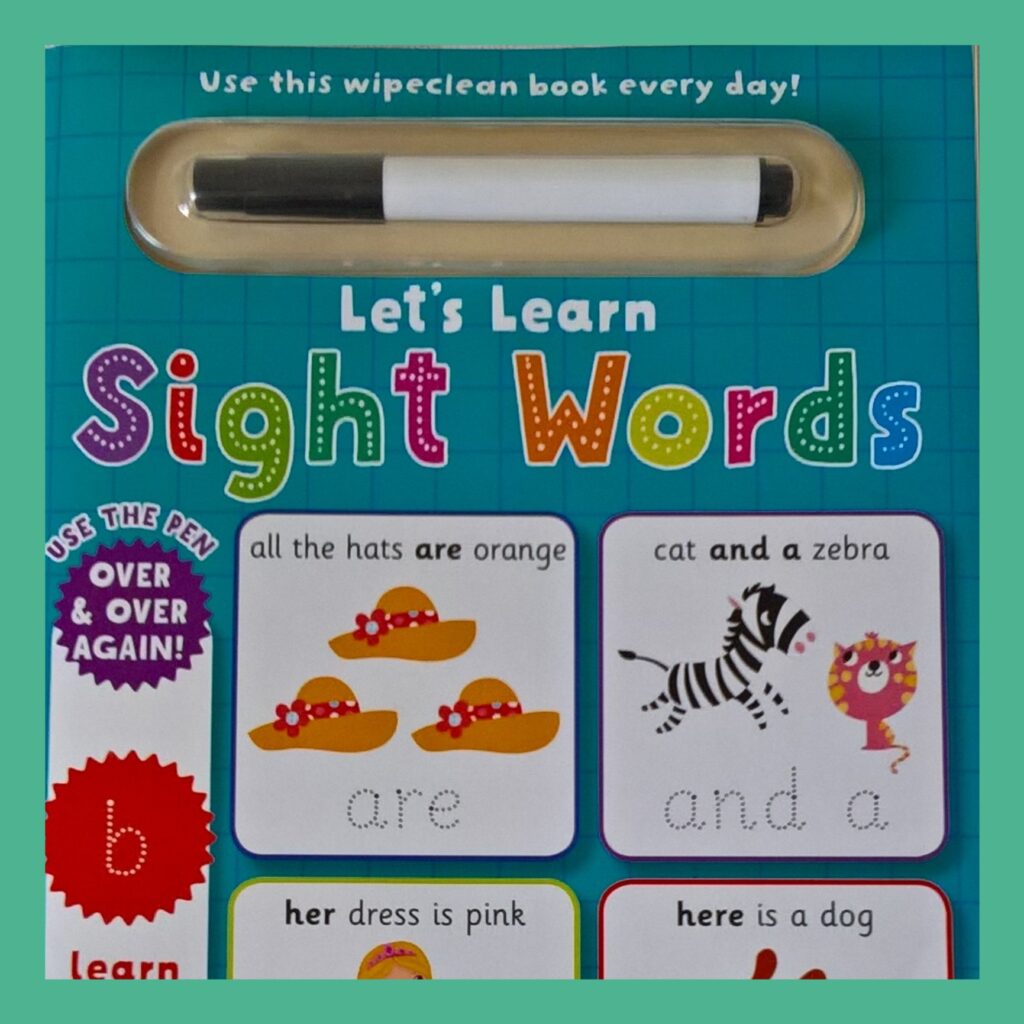
What should we expect when teaching ESL to kids.
Today I came across a blog post on what skills to EXPECT our children to develop while in preschool (literacy). Although the article wasn’t about ESL, the same principles cross over into teaching a second language.
Preschool teachers develop literacy by continually exposing children to oral and written language, and by building on prior knowledge and language experiences. Pictures, play, and the printed word combine with oral language to help your child understand the symbolic representation that underlies reading and writing.
Read more HERE
For anyone teaching, or interested in teaching another language to their kids, here are some useful tips to keep in mind.
WAYS TO HELP AT HOME
Read aloud to your child every day. Pick books you like so your enthusiasm permeates the story. Make your child an active participant in the story by asking questions and encouraging her to predict what will happen next. Be sure to include nursery rhymes and poetry.
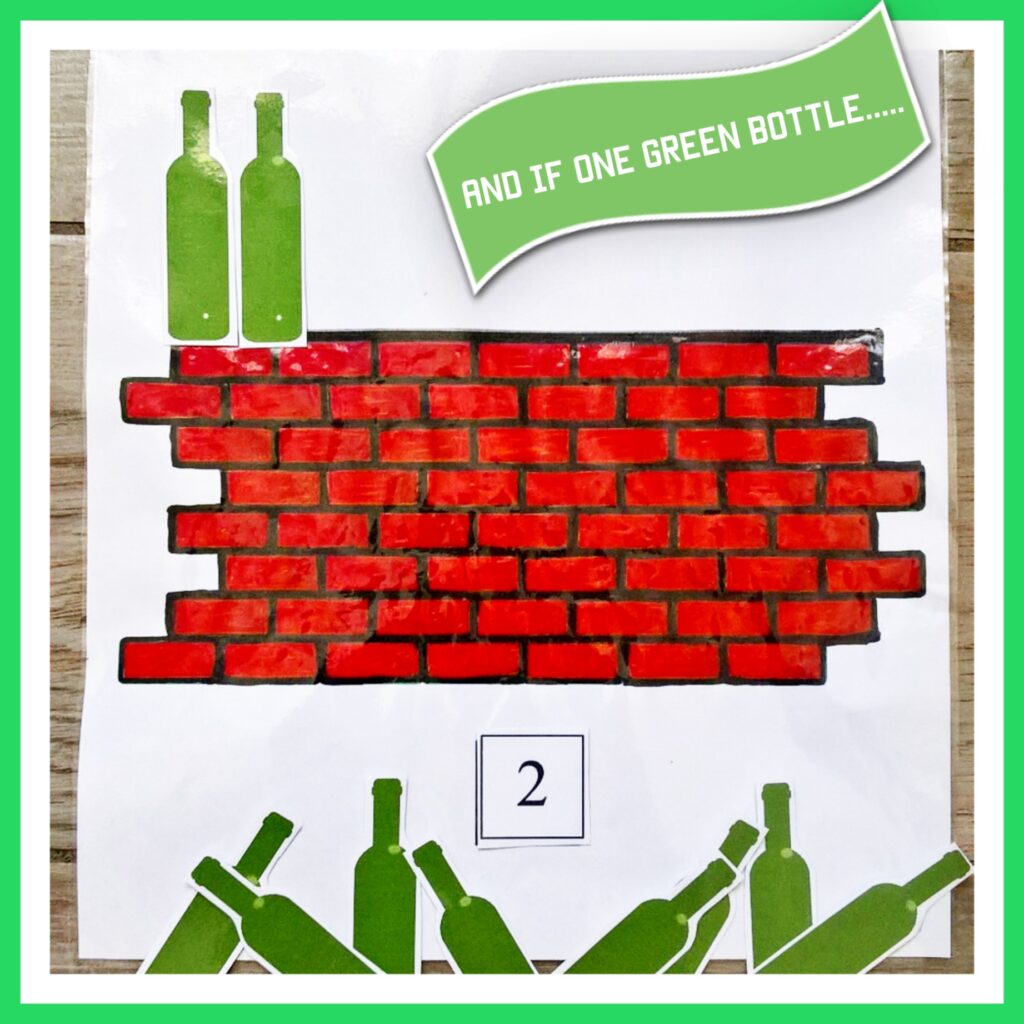
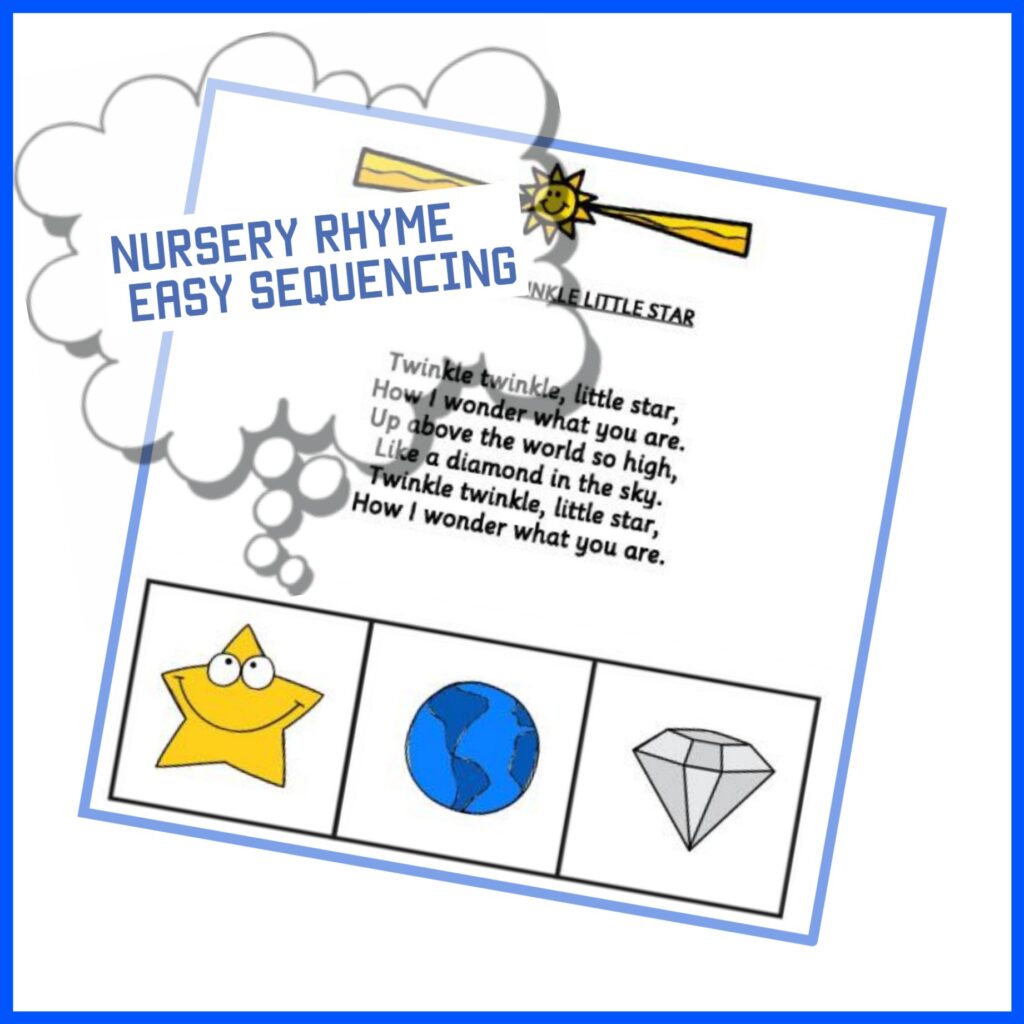
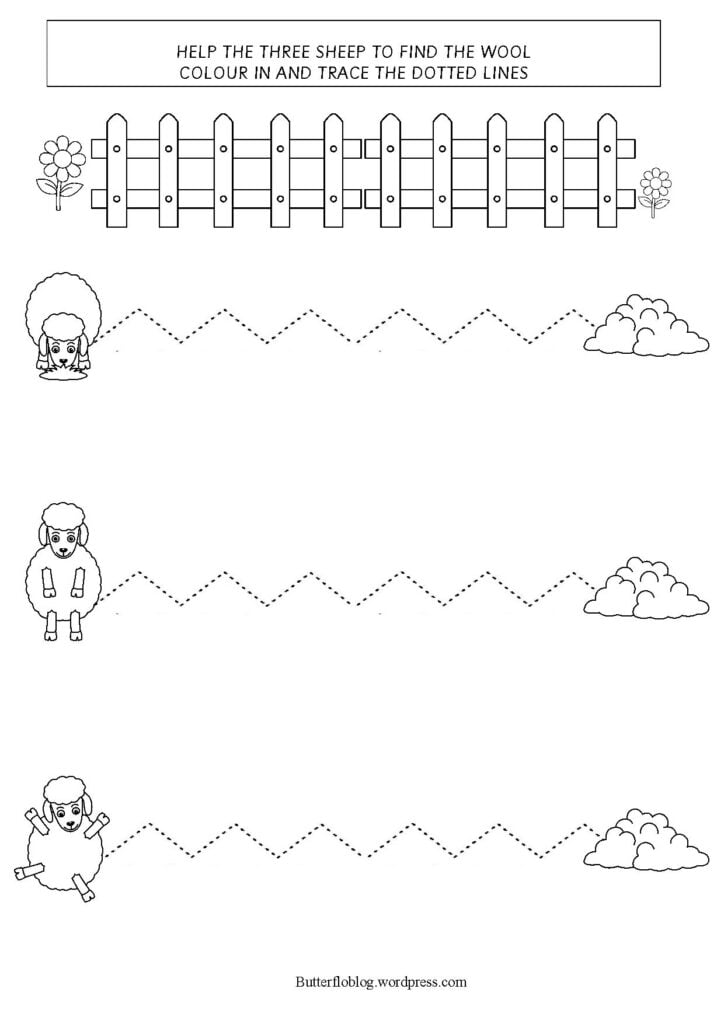

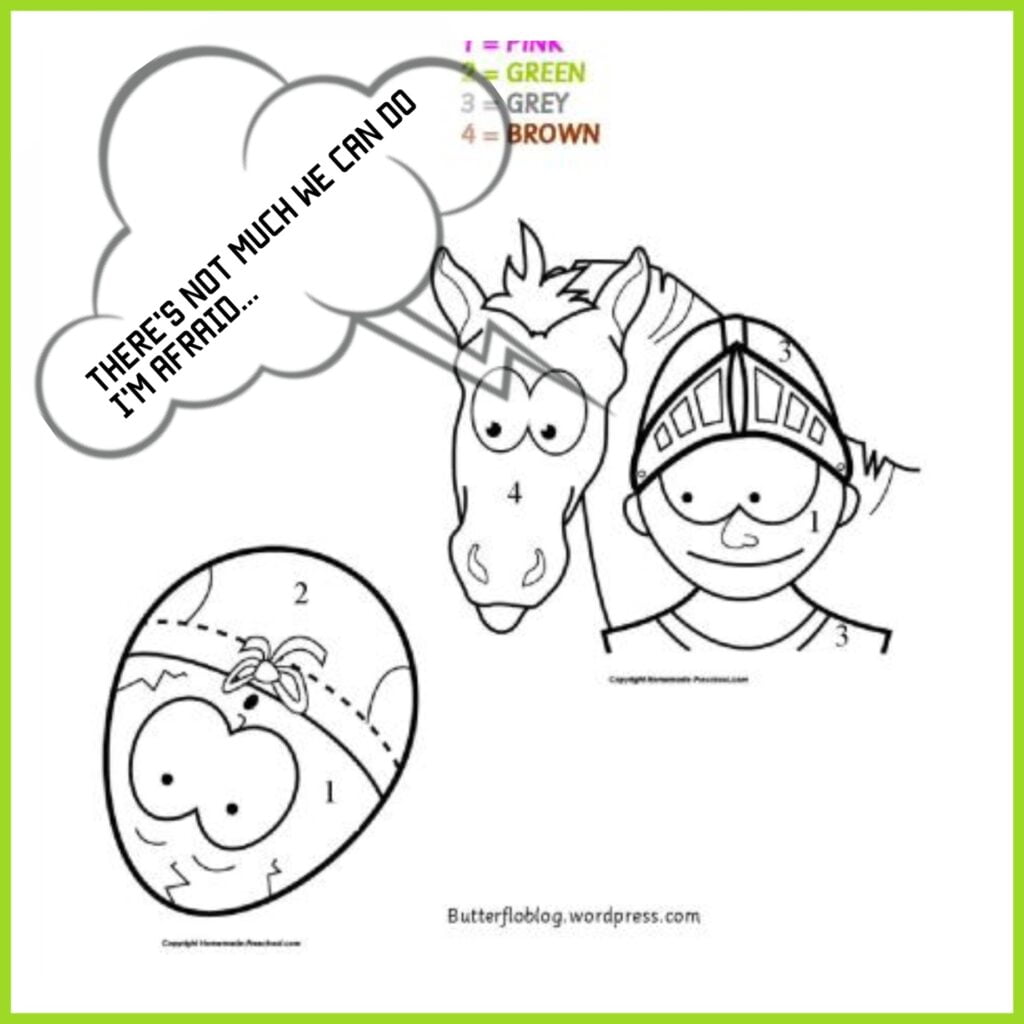
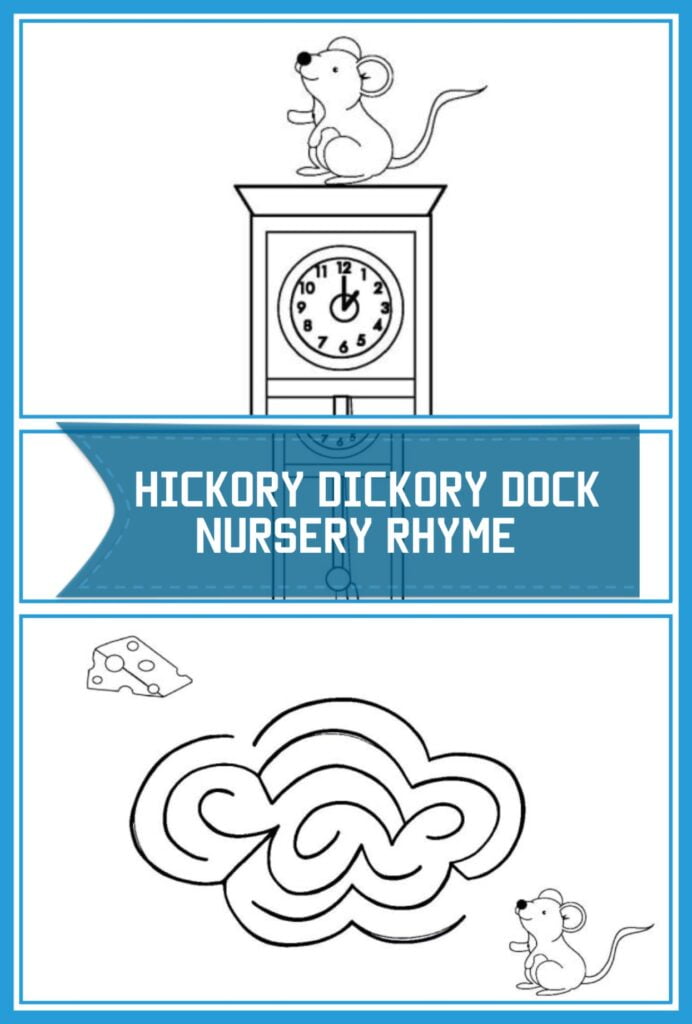
Make sure your child sees you reading. Let him know that it is important to you and that you enjoy it.
Have books readily available around the house, including sturdy, easy-to-grasp board books.
Take your child to the library and get him a library card. Go with him to the bookstore to select books.


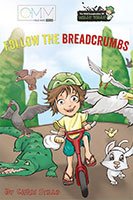
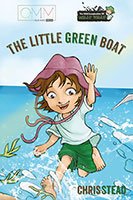
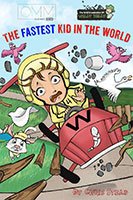

Teach your child to recognize her name. Print it on the top of her drawings and on the door of her room.
Use TV responsibly. Limit the number of shows watched, choose shows that relate to books, and watch together so you can talk about what you see.
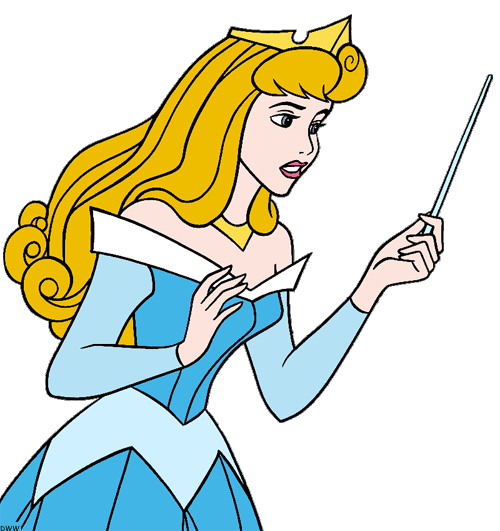



Give your child paper and crayons, or markers, and ask her to illustrate a letter to grandma and write captions under her pictures. Let her use invented spelling. Ask her to illustrate her stories and read them to you. Make holiday cards together.
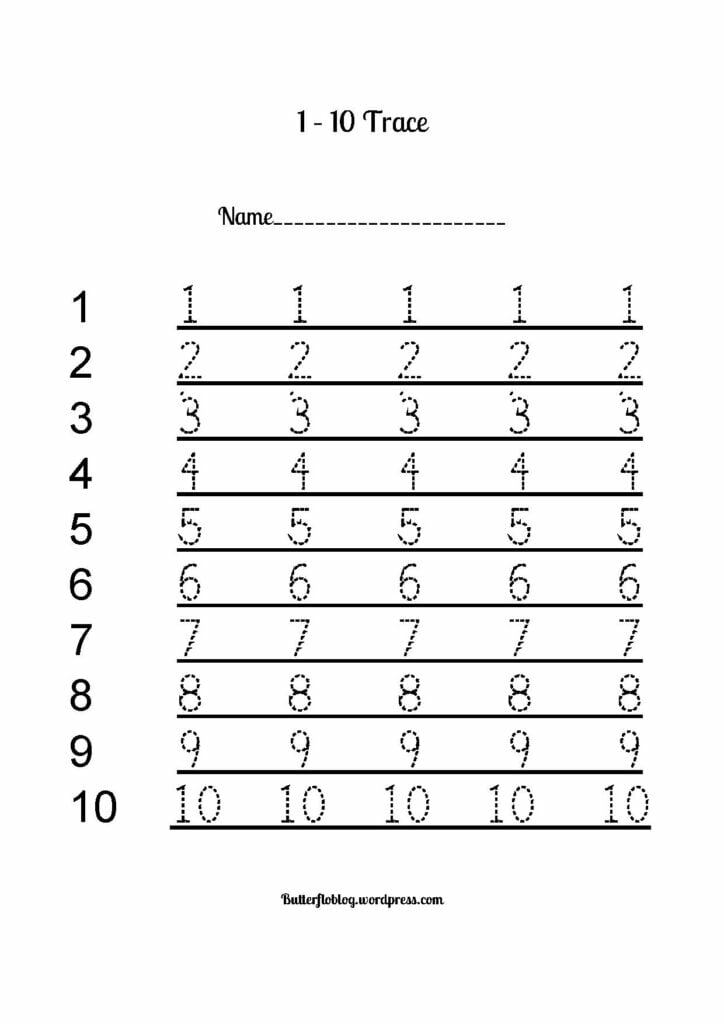


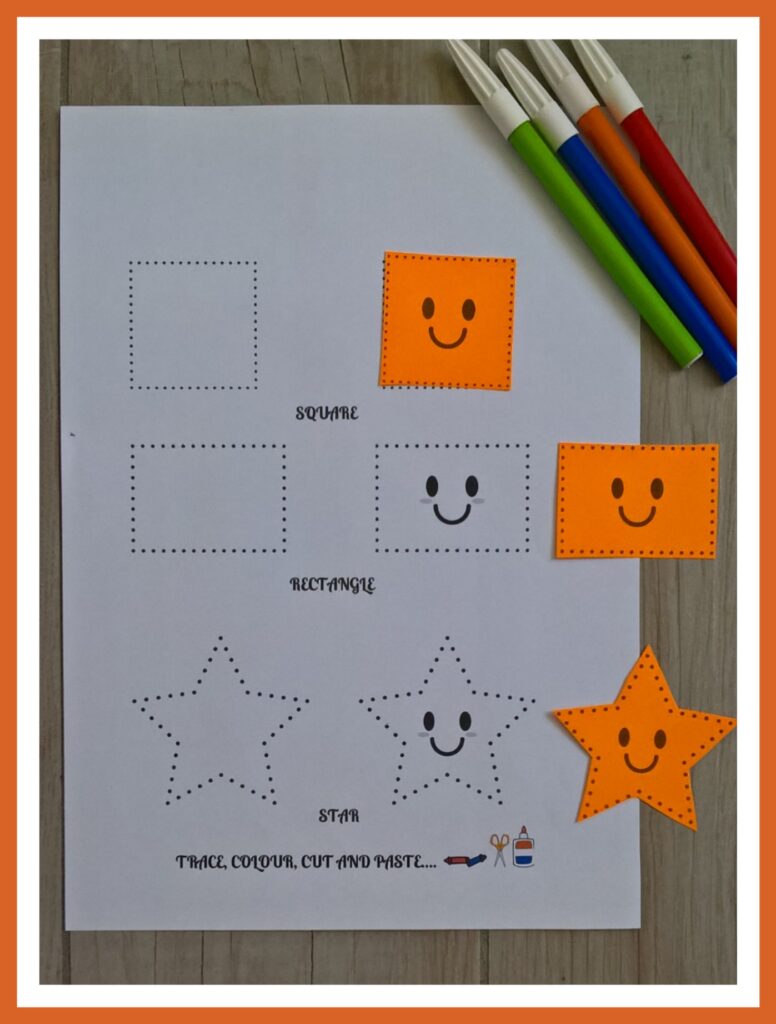
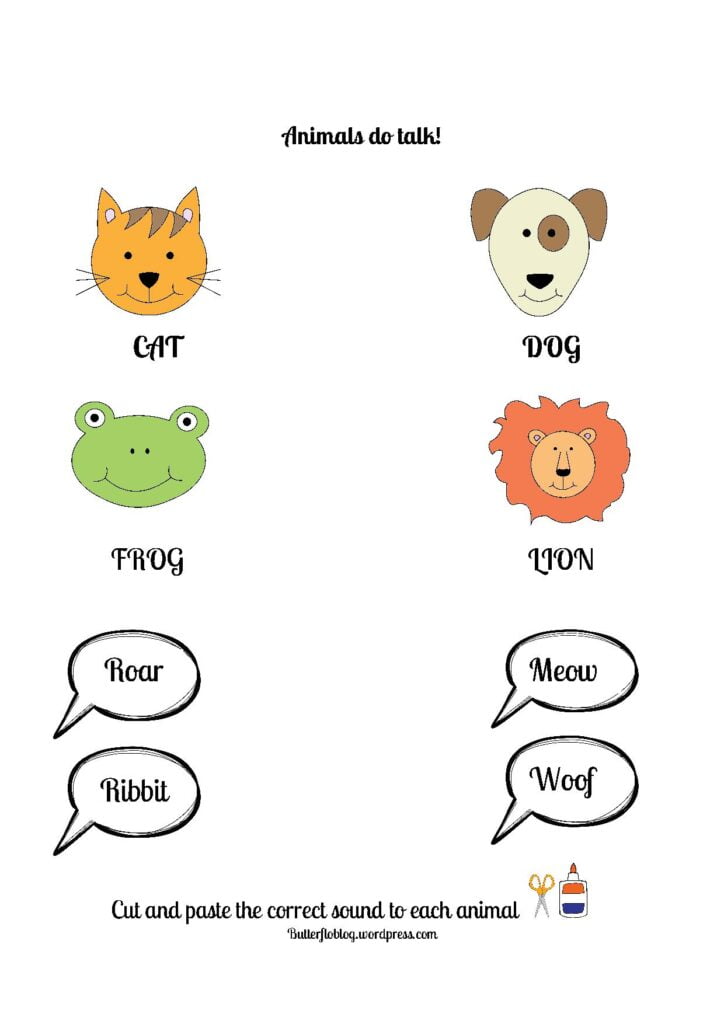
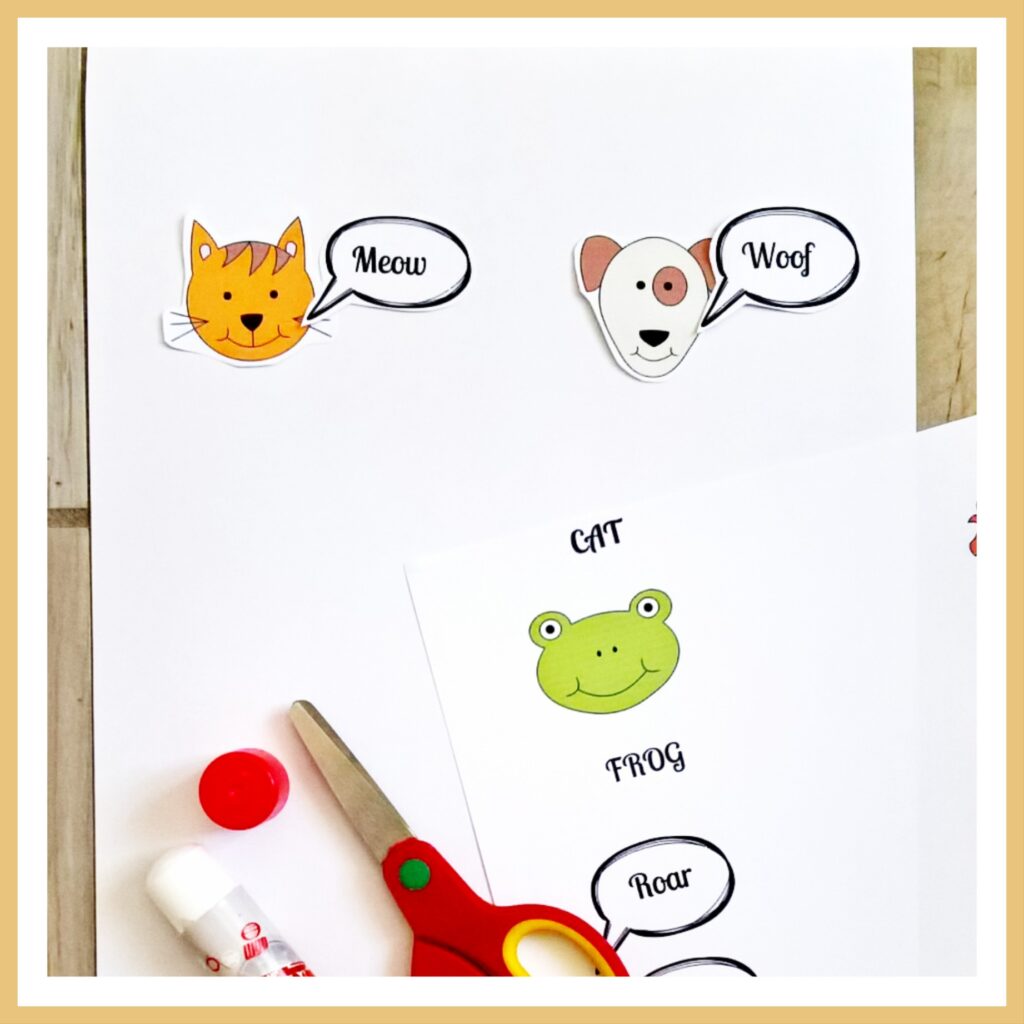
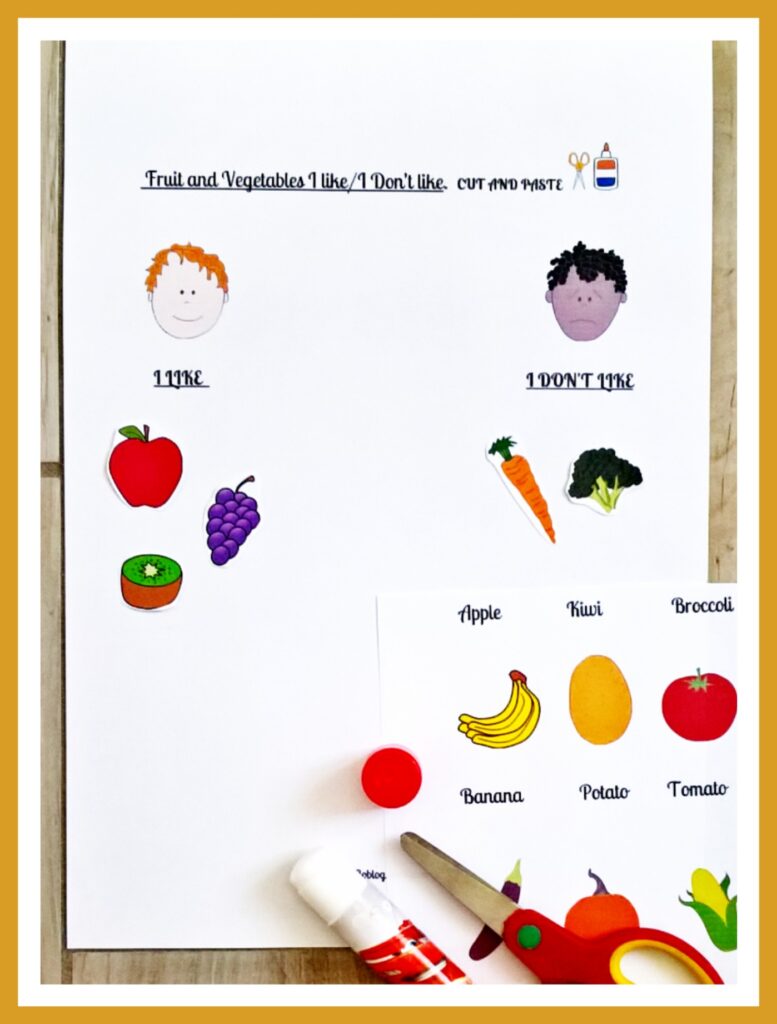
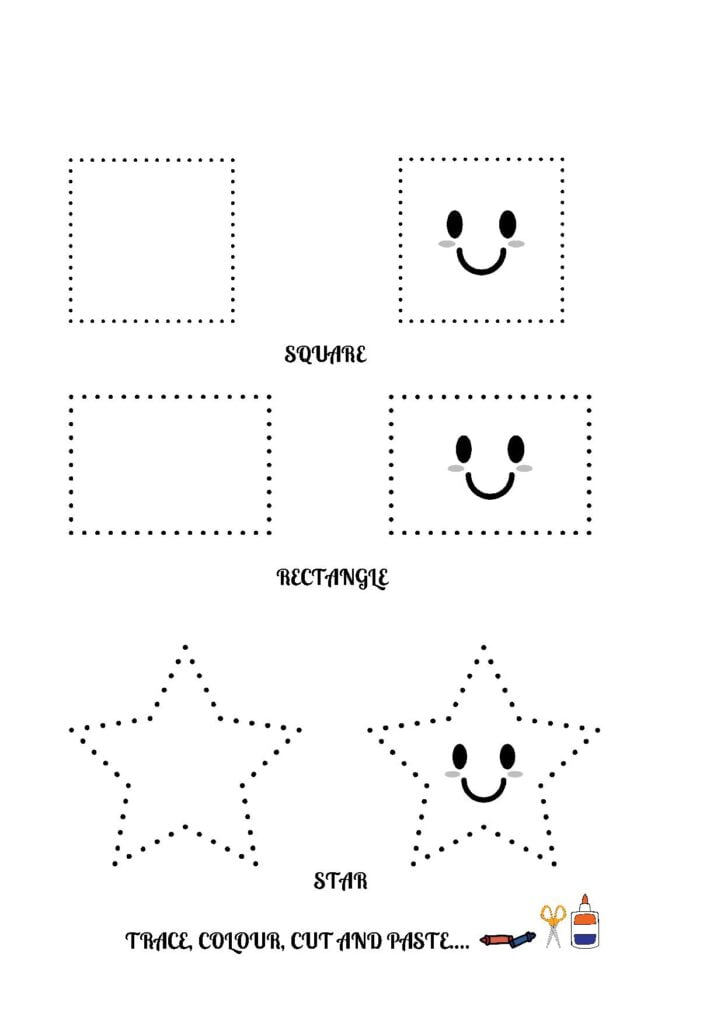
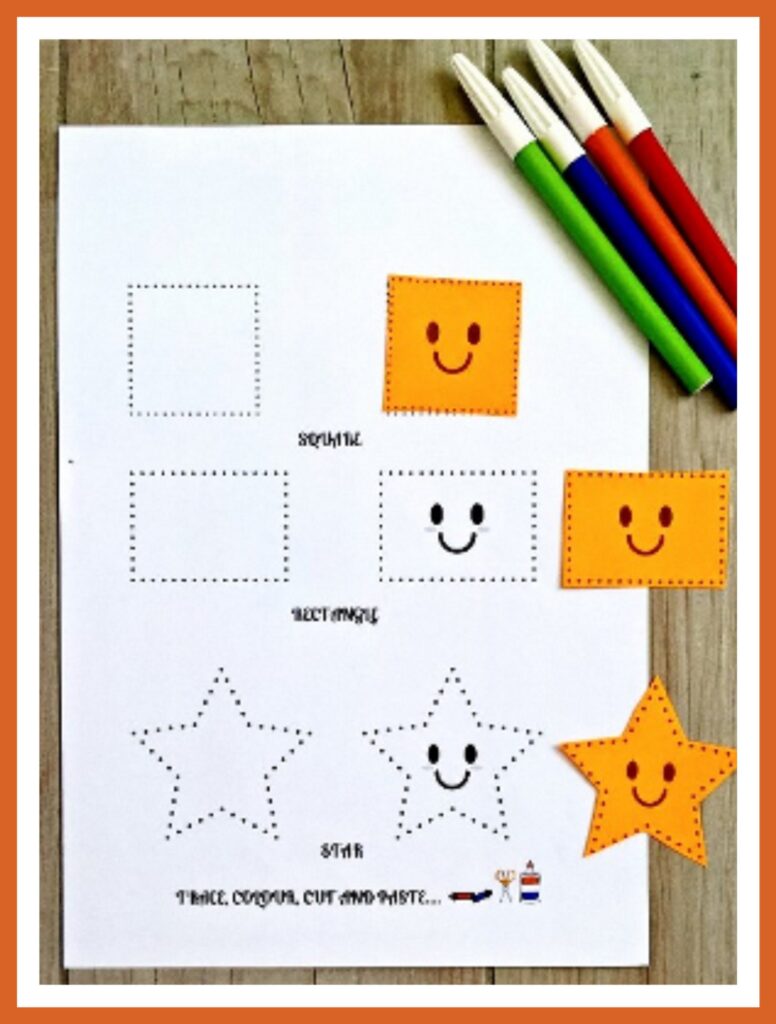
Help your child to understand the role of print in the world by pointing out signs on the bus, labels on sneakers, and signs on fast food restaurants and movie theaters. Show him the importance of reading and writing in the tasks of daily life – involve him in making grocery and to-do lists. When you go to the store, let him find the tomato soup and Cheerios.
Expand your child’s use of language by repeating his responses and elaborating on them. Cullinan suggests that if your child says she wants to go swimming, you could say, “Are you positive you want to go swimming now?” After your child answers, you could further expand the idea by saying, “Are you absolutely positive you want to go swimming right this very minute?”
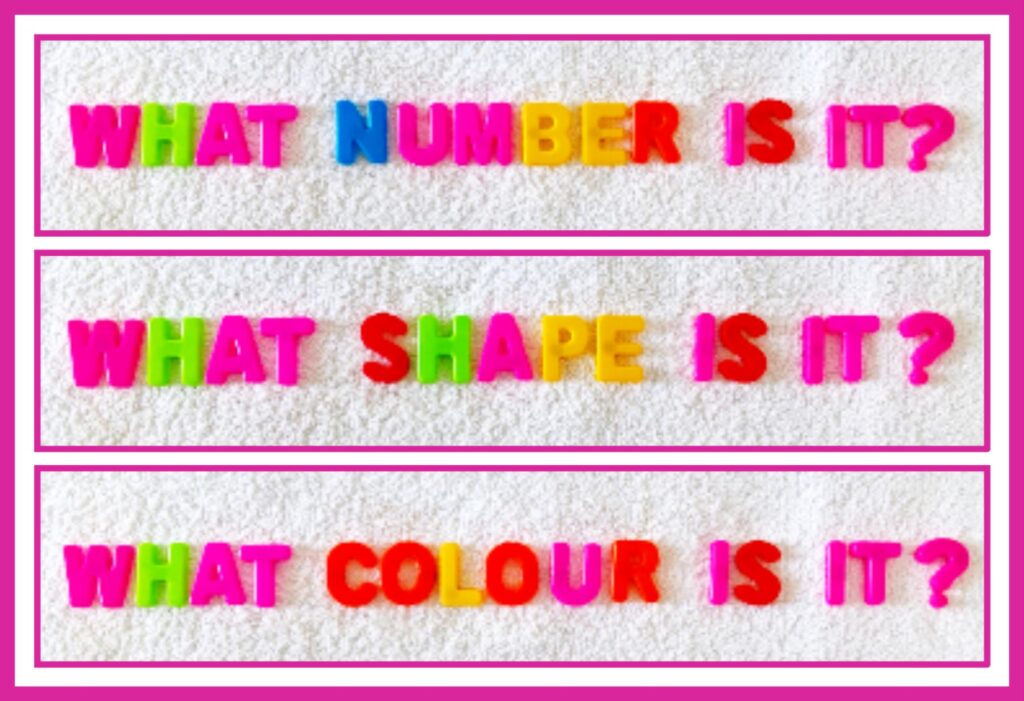
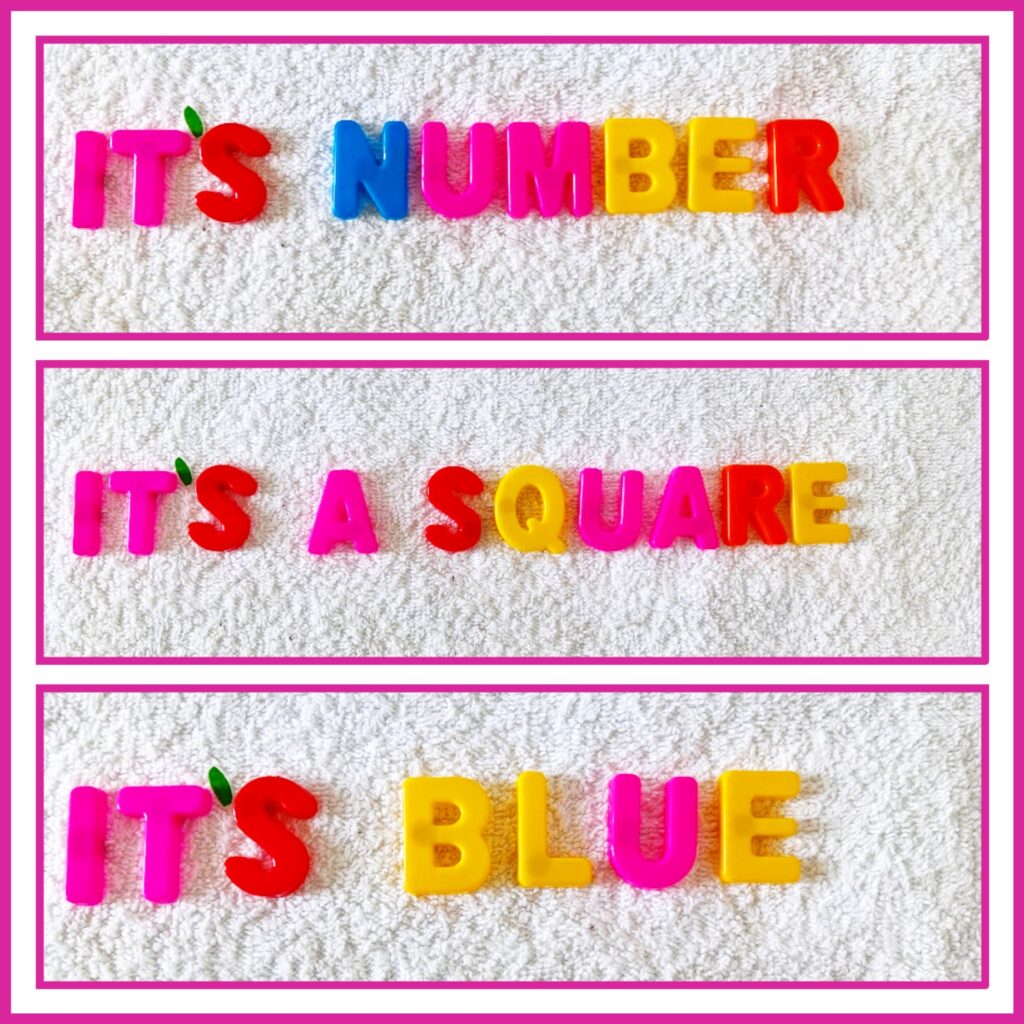
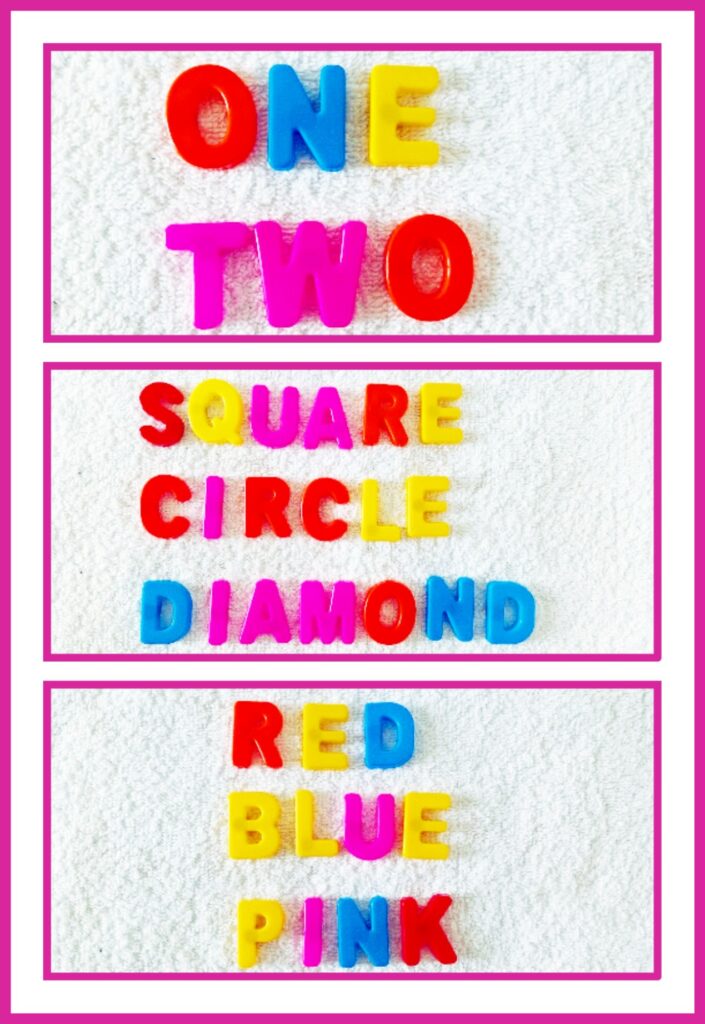
If you have a computer at home, teach your child to type his name on it. Help him find the letters on the keyboard. Print out his name and hang it on his door. Consider software programs featuring his favorite storybook character.
Remember, have fun!!!
Idea for this post from HERE




